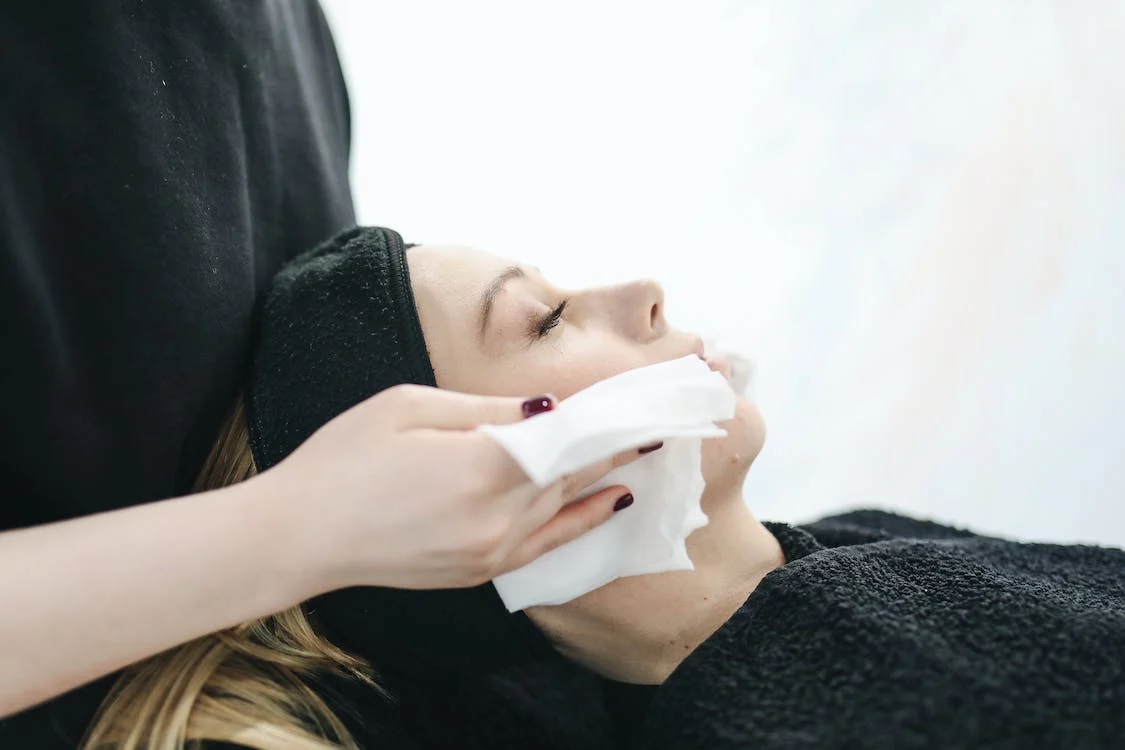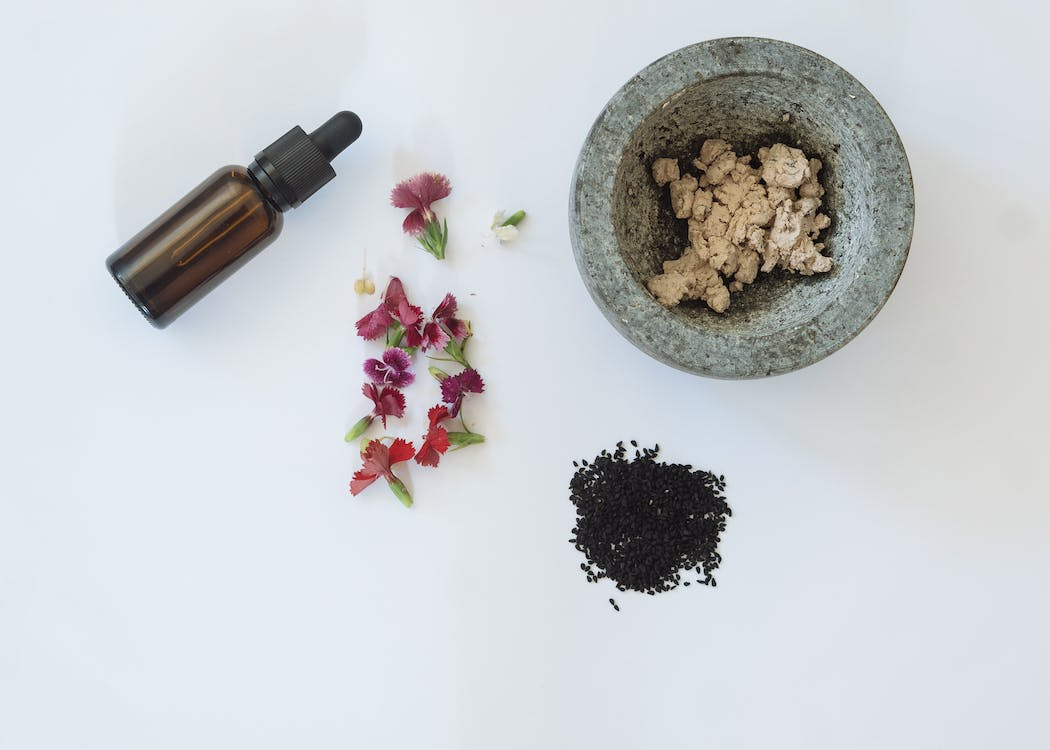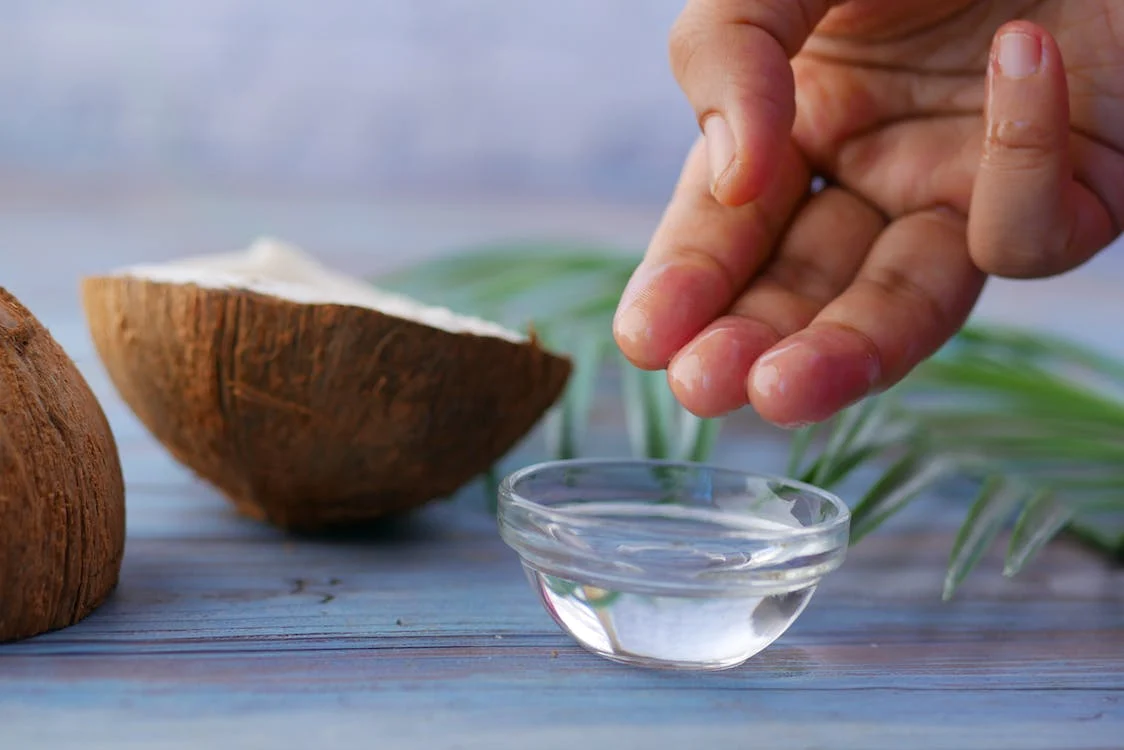Redness is a common skin condition that affects everyone. You can get it from a lot of things, like sunburn, rosacea, acne, allergies, and irritants. Many natural remedies can reduce redness and soothe itchy skin.
Let’s look at some of them.
Table of Contents
Natural Ways to Reduce Skin Redness
So, if you’re wondering how to reduce skin redness naturally, try these remedies.
Cool Compresses
Cool compresses can help reduce redness and inflammation on the skin. Apply a cold cloth to the affected area for 10-15 minutes after soaking it in water. You can also use chilled green tea bags or cucumber slices for a soothing effect.
Aloe Vera
Aloe vera is a natural anti-inflammatory and can help to soothe irritated skin. Put aloe vera gel on the affected area and let it sit for 15-20 minutes before rinsing. For added benefits, mix aloe vera gel with tea tree oil.
Chamomile Tea
As an antioxidant and anti-inflammatory, chamomile tea can reduce redness and soothe irritated skin. Steep a chamomile tea bag in boiling water for a few minutes and allow it to cool down. Then apply the tea bag to the affected area for 10-15 minutes.
Oatmeal
Oatmeal is a natural anti-inflammatory and can help to soothe irritated skin. Make a paste of oatmeal and water and apply it for 10-15 minutes to the affected area. Afterward, rinse off with cool water and pat dry.
Honey
The antibacterial and anti-inflammatory properties of honey can reduce skin redness and soothe irritated skin. Apply pure honey to the affected area on clean skin and let it sit for 15-20 minutes before washing it off.
Coconut oil
Natural moisturizers like coconut oil can soothe irritated skin and reduce skin redness. Apply pure coconut oil to the affected area and massage gently for a few minutes. Be sure to leave it on for 30 minutes before rinsing it off.
Cucumber
Cucumber has a cooling effect that can help to reduce skin redness and soothe irritated skin. Cut a cucumber into thin slices and apply them to the affected area for 10-15 minutes.
Apple Cider Vinegar
Apple cider vinegar reduces redness and soothes irritated skin due to its anti-inflammatory properties. Apply apple cider vinegar and water to the affected area with a cotton ball. Once it is dry, rinse it off with cool water.
Green Tea
Green tea has anti-inflammatory and antioxidant properties that can help reduce redness and soothe irritated skin. Steep the green tea bag for a few minutes in boiling water. Then apply the tea bag to the affected area for 10-15 minutes.
Rosewater
Rosewater has anti-inflammatory properties that can help to reduce skin redness and soothe irritated skin. Apply pure rosewater to the affected area with a cotton ball. Rinse with cool water after 15-20 minutes.
Yogurt
The lactic acid in yogurt exfoliates the skin gently. Additionally, it has anti-inflammatory properties that can soothe irritated skin and reduce redness. Leave plain yogurt on the affected area for 15-20 minutes before washing it off.
Witch Hazel
An astringent such as witch hazel can help reduce redness and inflammation on the skin. Additionally, it has antibacterial properties that can prevent acne breakouts. You can easily rinse the affected area with cool water after applying witch hazel with a cotton ball.
Turmeric
Turmeric has anti-inflammatory and antioxidant properties that can help to reduce skin redness and soothe irritated skin. Mix turmeric powder with water to create a paste and apply it to the affected area for 15 minutes at a time. Pat dry after rinsing with cool water.
Calendula
Calendula has anti-inflammatory and antiseptic properties that can help to reduce skin redness and soothe irritated skin. Apply calendula cream or oil to the affected area for 15-20 minutes, then rinse it off with cool water.
Avoid Trigger Foods
Certain foods can trigger skin redness and inflammation, such as spicy foods, alcohol, and caffeine. You need to avoid foods that cause inflammation if you want to control skin redness. Instead of eating these trigger foods, opt for a healthy diet rich in antioxidants and anti-inflammatory foods. These include lean proteins, fruits, and vegetables.
How to Control & Prevent Skin Redness
In addition to these natural remedies, practicing good skincare habits is essential to prevent skin redness and irritation. This includes using gentle and non-irritating skincare products, avoiding harsh chemicals and fragrances, and protecting your skin from the sun with broad-spectrum sunscreen.
We are well aware that skin redness can be uncomfortable and embarrassing. Still, there are many natural remedies that can help to reduce skin redness and soothe irritated skin. Try these natural remedies at home and see which works best for you. However, if your skin redness persists or gets worse, it’s essential to seek medical advice from a healthcare professional.
The Way Forward!
Overall, you can easily reduce natural skin redness through natural remedies and good skincare habits; however, if your skin redness persists or gets worse. In that case, it’s imperative to seek medical advice from a healthcare professional to rule out any underlying medical conditions.










